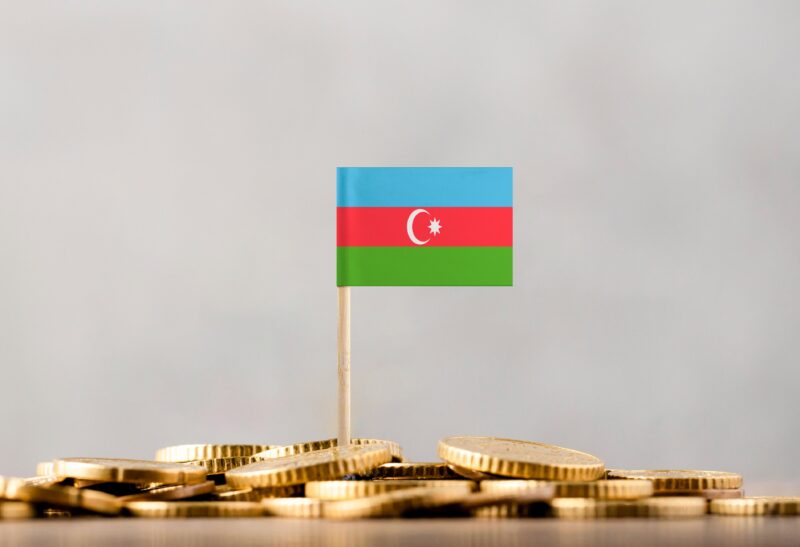The devaluation of the Russian ruble has significant implications for the price of non-oil products exported by Azerbaijan, as the exchange rate between the ruble and the dollar has been experiencing a notable shift.
The reasons behind this devaluation can be attributed to the impact of sanctions imposed on Russia, which have affected its economic stability. Currently, the exchange rate stands at 93 rubles to one dollar, marking a weakening of the ruble.
Elvira Nabiullina, the Head of the Central Bank of Russia, has expressed concerns about the recent depreciation of the ruble, as it carries potential pro-inflation risks that the bank will need to consider during upcoming monetary policy meetings.
According to Bloomberg, the Russian ruble is among the worst-performing currencies this year, indicating the challenges faced by the Russian economy. However, it is worth noting that the First Deputy Prime Minister of Russia, Andrey Belousov, has described the range of 80-90 rubles per dollar as “optimal.”
Considering Azerbaijan’s close ties with Russia as its main trade partner, the repercussions of the ruble’s weakening and the overall tension in the Russian economy can have a considerable impact on Azerbaijan’s economic landscape.
Economist and deputy Vugar Bayramov emphasizes that the ruble has depreciated by 14 percent against the dollar in the last two months, primarily due to the impact of sanctions. While negative forecasts regarding the Russian economy do not significantly influence the currency market, it is essential to recognize Russia’s significance as one of Azerbaijan’s main trade partners.
Russia plays a vital role in Azerbaijan’s imports and serves as a key partner in non-oil exports. Therefore, the depreciation of the Russian ruble relative to the Azerbaijani manat directly affects the pricing of non-oil products exported by Azerbaijan in ruble terms. This can be unfavorable in terms of non-oil export opportunities for the country.
Bayramov highlights the surplus in the balance of payments, primarily driven by the export of energy products. While events in neighboring currency markets, including Russia, can influence the exchange rate of the manat, a significant portion of the currency demand is currently met by the State Oil Fund.
It’s important to note that Azerbaijan has not yet transitioned to an exchange rate regime, allowing the Central Bank to directly intervene in the process. Consequently, any changes in the exchange rate of the manat depend directly on the Central Bank of Azerbaijan’s position.
The devaluation of the ruble began on March 29, 2022, and experts have predicted its continued depreciation, with expectations that it would surpass the threshold of 90 rubles per dollar.



